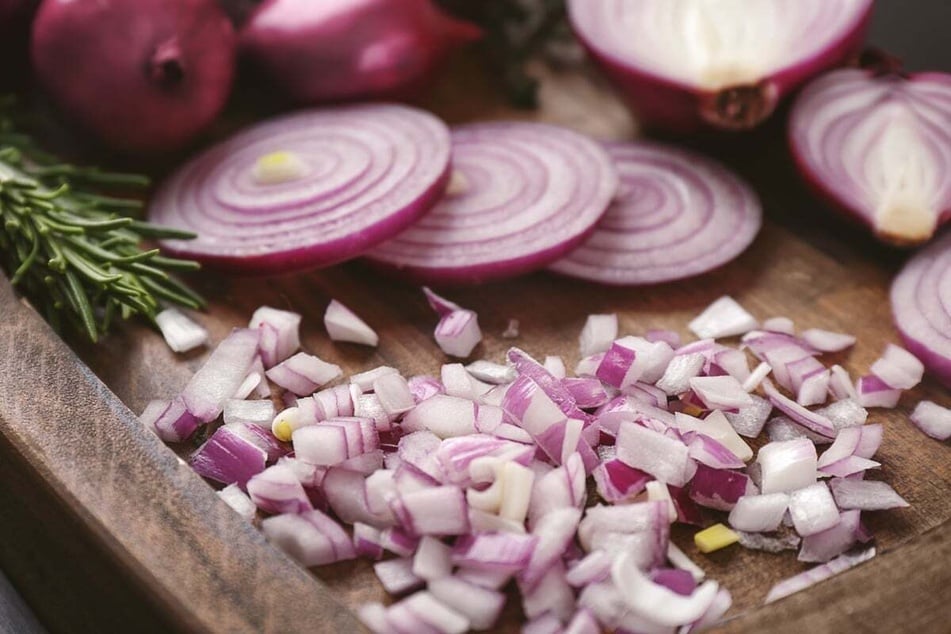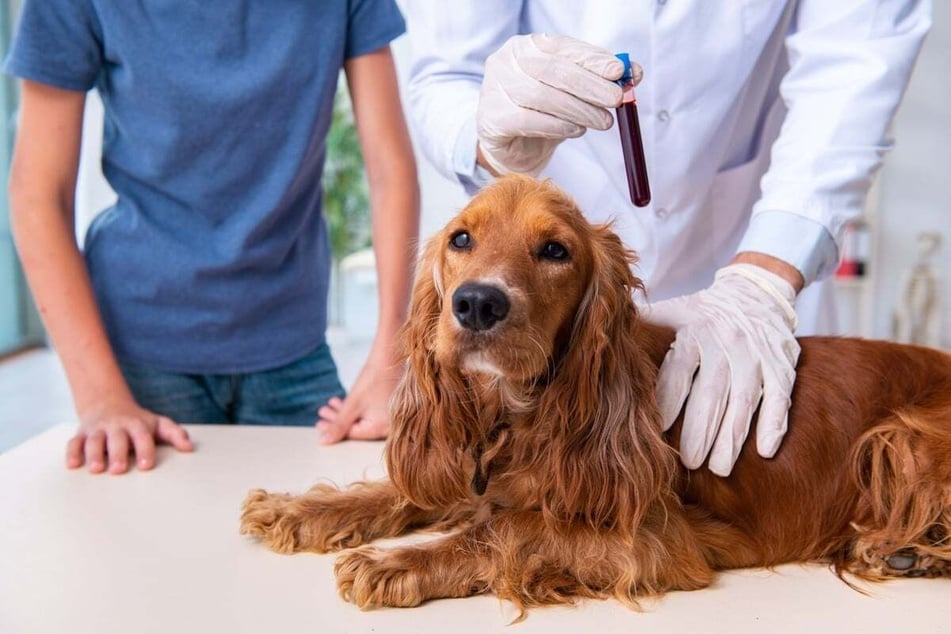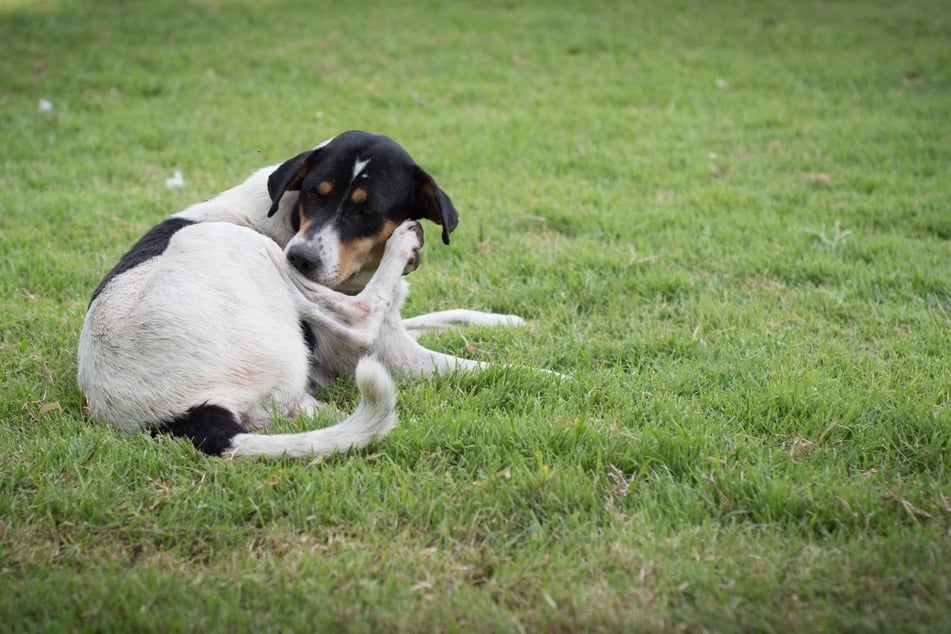Beware of bulb: Can dogs safely eat onions?
Onions are a very popular vegetable and extremely healthy. Although this is true for humans, it is far from true for our animal friends. Hence the question: Can dogs eat onions?
Can my dog eat onions?

For many people, onions belong in every savory dish, as the plant not only gives food a distinctive flavor, but is also very healthy.
Onions are even said to have certain healing powers and are considered the perfect household remedy for coughs or bee stings.
So what's wrong with giving your dog onions? A lot, because onions are highly poisonous to dogs.
They therefore have no place in the dog bowl and should always be kept out of reach of your four-legged friend.
Although onions are a real all-rounder for humans, they can seriously endanger a dog's life, which is why it is important to find out in advance exactly why the food is safe for animals.
This article explains what onions do to a dog's body, which quantities are life-threatening for dogs, how onion poisoning manifests itself, and what to do if certain symptoms occur.
How many onions can a dog eat?

Onions contain many sulphides, compounds that are said to have an antibacterial and antioxidant effect, which is why they are so healthy for humans.
However, these sulphides have the exact opposite effect on dogs. They attack their red blood cells and destroy them.
The consequences can be anemia and multi-organ failure. If the amount of sulphides is too high, the dog will die from onion poisoning.
A quantity of just 0.5% of the dog's body weight is enough to cause serious symptoms of poisoning.
It doesn't matter whether the onion is fresh, powdered, or dried – what matters are the sulphides, which remain in onions regardless of their form.
The problem with fresh onions is not only the sulphides they contain, but also the essential oils, which are also dangerous to dogs.
What to do if the dog has eaten onions?

A medium-sized onion can cause serious symptoms of poisoning in a medium-sized dog such as an Australian Shepherd.
The following symptoms indicate poisoning and should be treated as soon as possible:
- vomiting
- diarrhea
- pale mucous membranes
- increased breathing and heart rate
- general signs of weakness
Time is running out!
If these symptoms appear in a dog, act as quickly as possible. The suffering pet must be taken to the vet's practice to be examined in detail and given the best possible treatment.
If it has been one to two hours since the onion was eaten, experienced vets can induce vomiting in the dog and thus prevent a worse outcome.
Important: Because dogs do not have a uvula, it is not possible to induce vomiting manually as with humans, so this should be left to a professional.
If there are signs of sickness, blood tests will provide information about the degree of poisoning. Based on these numbers, the dog will be treated with medication and often admitted to the hospital until its general condition stabilizes.
In severe cases, a blood transfusion may even be necessary to save the dog's life.
Onions are not suitable as a worm and flea cure

The myth that onions can be successfully used as a worm or flea cure for dogs is a persistent one, but there is still no clear evidence of this.
Apart from the highly toxic effect of onions on the dog's body, the parasites are rather unimpressed by the bulb.
If you suspect that your furry friend might be infested with worms, fleas, or lice, you should keep your hands off onions and visit a vet.
Conclusion: Onions are pure poison for dogs
Whether as a snack or an antiparasitic remedy, dogs should not eat or be exposed to onions. The common bulb can actually kill your precious pooch. Onions should therefore always be kept out of reach of dogs!
If a dog has somehow eaten an onion, they should be closely observed and – if in doubt – taken to the vet. Onion poisoning should not be underestimated, and it's better safe than sorry!
Cover photo: Midjourney/TAG24

